The getDate() statement always returns the same value anywhere in one statement.
However, in one SQL Server 2017, I'm seeing otherwise.
To set this up, create a table and put two rows into it:
CREATE TABLE Test
(
TestDate datetime2(0) NULL,
OtherValue varchar(5) NULL
)
INSERT INTO Test (OtherValue) VALUES ('x')
INSERT INTO Test (OtherValue) VALUES ('x')
Then run this query a number of times:
SELECT
CASE
WHEN GETDATE() < COALESCE(TestDate, GETDATE())
THEN 'less'
WHEN GETDATE() > COALESCE(TestDate, GETDATE())
THEN 'greater'
ELSE 'same'
END [Compare]
FROM
Test
Both rows always return matching results.
When I do this in SQL Server 2008 R2 (v10.50) and other SQL Server 2017 machines, the result is always 'same'.
However, on one of my SQL Server 2017 instances, it varies randomly between 'same', 'less' and 'greater':
Why is this happening? Is there a server setting that can cause this?
Edit:
Using SYSDATETIME in place of GETDATE works as expected on the 'bad' server, always returning 'same'.
Edit #2:
If I test GETDATE as above on a column defined as DATETIME (which is what GETDATE() generates), then it works as expected. So it seems to be related to converting between DATETIME and DATETIME2.


